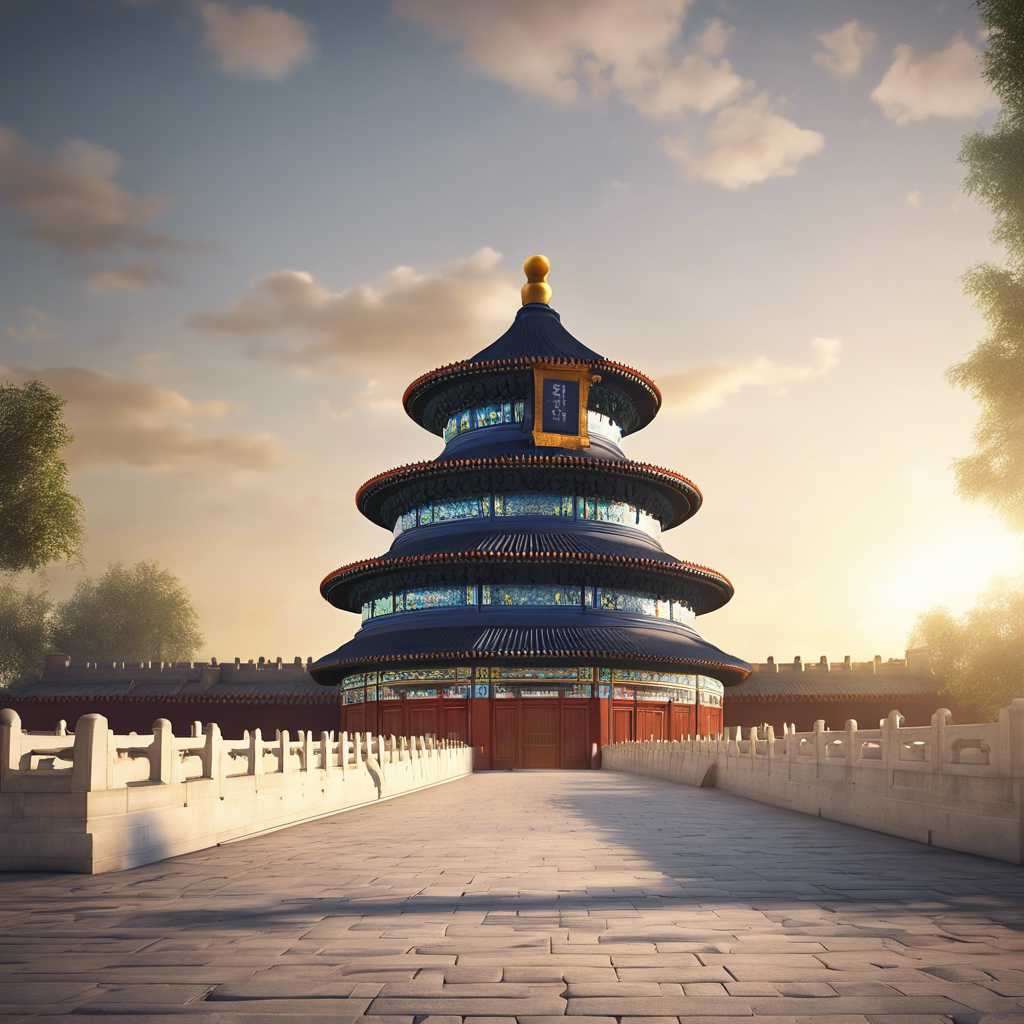As a follow up to a recent article, I had a very interesting conversation with a reader. He argued that there is something very important and intangible that economists cannot measure.
The will of people.
That public will becomes even stronger when a country’s past is ridden with political and economic misery. Think of Germany and Japan after World War II; their economies were in shambles. Human capital and ingenuity played much larger roles in their recovery than what we traditionally think of as capital.
In other words, economic models at the time would have predicted that those economies would not recover as quickly or as well as they did, as the models would not have accounted for the key human factor — the raw (and very selfish) drive to succeed.
The reader was making the argument that because of their poverty-stricken past, the Chinese people’s ingenuity will put their economy on a tremendous growth trajectory – just as the drive of the Germans and Japanese did for their countries after WWII.
It takes more than misery
I thought it was a very interesting observation, though I never really made the argument that China is going to fail and go back to a poorer era. My argument is that all good things need time to rest, which is why economies are cyclical, with periods of expansion followed by recessions. Chinese growth was very high for a very long time; now, the economy needs a good rest. But it’s not getting that because its government is afraid of civil unrest and thus is spending money at a very fast pace.
Misery alone is not enough to fuel an economy. Japan and Germany recovered and blossomed because they were capitalistic societies; their success is a triumph of capitalism. China is toying with communism, socialism and capitalism, all at the same time. Unfortunately, at the time of crisis if a choice is given, government will chose the path of lower resistance — communism and socialism. (Just think of what the U.S. government is doing today.)
The correct choice is the harder, more painful (at least in the short run) course of creative destruction: capitalism.
Russia’s wrong turn
Russia is a good example. Russia in the early 1990s was a lot like Japan/Germany after WWII. It had a very educated population living with plenty of misery. For a while, Russia was going the right direction, but the crisis of the late 1990s shifted the country back from democracy and capitalism toward a more command-and-control economy.
This conversation made me realize that China’s success in the future will depend on the market system it chooses. Capitalism lets human ingenuity prosper; communism will just cause it to crash.
In investing, it’s important to think unconventionally, to consider not just the obvious risks but the ones that are hiding around the corner.
For many investors, it seems a foregone conclusion that China will consume more stuff (energy, materials, industrial goods) in the future. So many argue that one should put money into the stuff China is going to need.
But this investment thesis will only play out if China continues to move into capitalism and current crises don’t push it down the road of the least resistance, to the tighter controls of communism. So let me issue this warning: If you’re following the “buy what China needs” investment, theory, keep a close eye on political developments there over the next couple of years.









0 comments